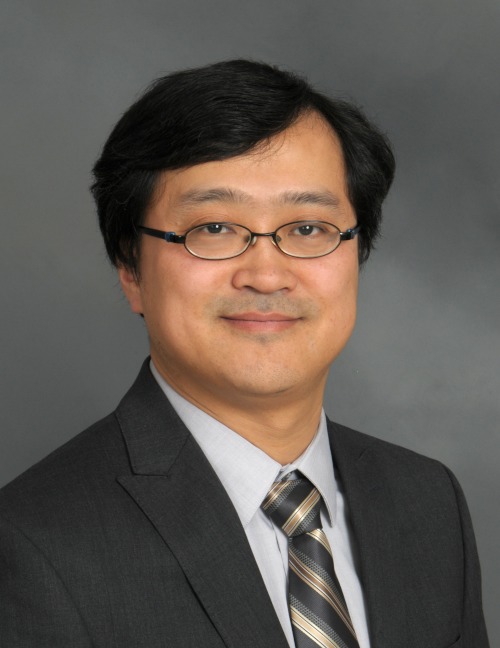
ECE Seminar
Topology-Driven Learning for Biomedicine and Beyond
This event is free and open to the publicAdd to Google Calendar

Abstract: Modern analytics is facing highly complex and heterogeneous data. While deep learning models have pushed our prediction power to a new level, they are not satisfactory in some crucial merits such as transparency, robustness, data-efficiency, etc. To address these challenges, I am generally interested in incorporating mathematical modeling of topology, geometry and dynamics seamlessly into the learning pipeline. Such model-informed learning approach will be more transparent, steerable and less data-hungry.
In this talk, I will focus on our recent work on combining topological reasoning with learning to solve problems in biomedical image analysis and in machine learning. In biomedicine, we encounter various complex structures such as neurons, vessels, tissues and cells. These structures encode important information about underlying biological mechanisms. To fully exploit these structures, we propose to enhance learning pipelines with topology, the branch of abstract mathematics that deals with structures such as connections, loops and branches. Under the hood is a formulation of the topological computation as a robust and differentiable operator, based on the theory of persistent homology. This inspires a series of novel methods for segmentation, generation and analysis of these topology-rich biomedical structures. Complex structures also arise in many other contexts beyond biomedicine. We will briefly introduce how topological reasoning can be used to strengthen graph neural networks and to improve the robustness of deep neural networks against noise and against backdoor attacks.
Bio: Dr. Chao Chen is an assistant professor at Stony Brook University. His research interest spans biomedical image analysis, topological data analysis (TDA) and machine learning. He develops principled learning methods inspired by the theory from TDA, such as persistent homology and discrete Morse theory. These methods address problems in biomedical image analysis and machine learning from a unique topological view. His research results have been published in major venues in machine learning, computer vision, and medical image analysis. He served as an area chair/senior PC in these venues including MICCAI, AAAI, CVPR and NeurIPS. He is currently an associate editor for Pattern Recognition and a guest editor for International Journal of Computational Geometry & Applications. His research is supported by grants from NSF, NIH and IARPA, including an NSF CAREER award to develop topology-driven learning for biomedical images.
 MENU
MENU 
